Plant Trees

Plant trees for impact and help restore ecosystems around the world! Plant trees
About
We make it simple for anyone to plant trees, and together we can make an incredible impact. Learn more
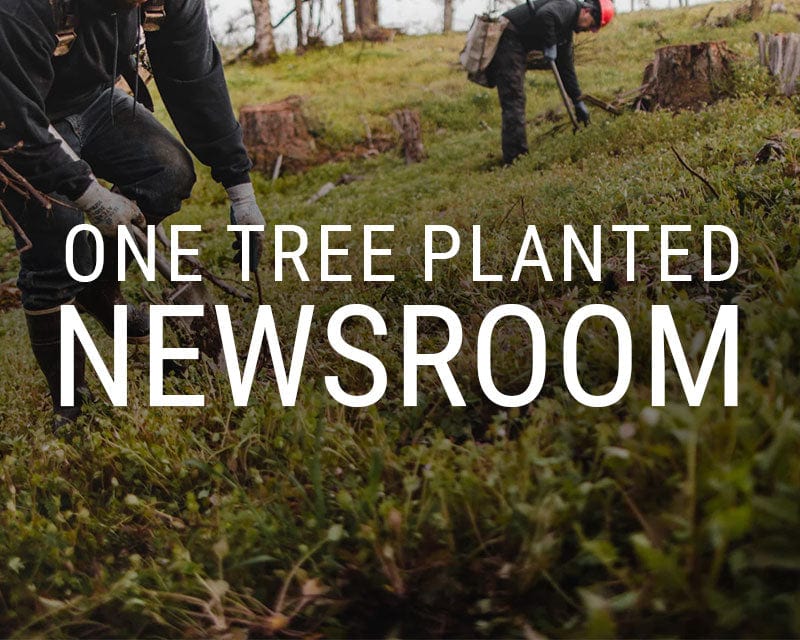
Stay up to date on major announcements, exciting collaborations, and more.Visit our Newsroom

We make it simple for anyone to plant trees, and together we can make an incredible impact. Learn more
Get Involved
Become a business partner to improve your company’s sustainability initiatives and make an impact. Learn more
See how your support and leadership can help us fund reforestation efforts across the globe. Learn more

Become a business partner to improve your company’s sustainability initiatives and make an impact. Learn more
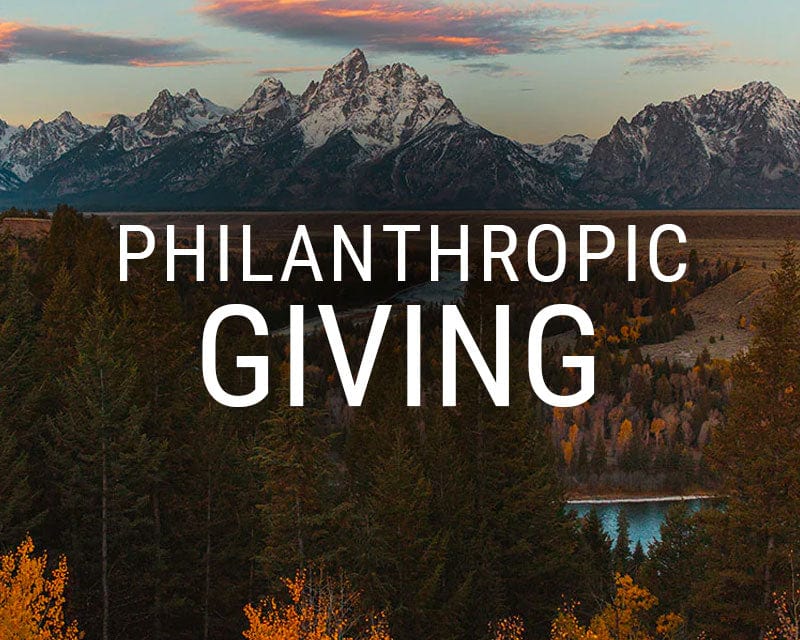
See how your support and leadership can help us fund reforestation efforts across the globe. Learn more
Learn
Read about stories from the field, interesting facts about trees and get your healthy dose of nature. Visit our blog
Comprised of lesson plans, learning modules, resources, and activities, our T.R.E.E.S. School Program is the perfect addition to your curriculum. Learn more
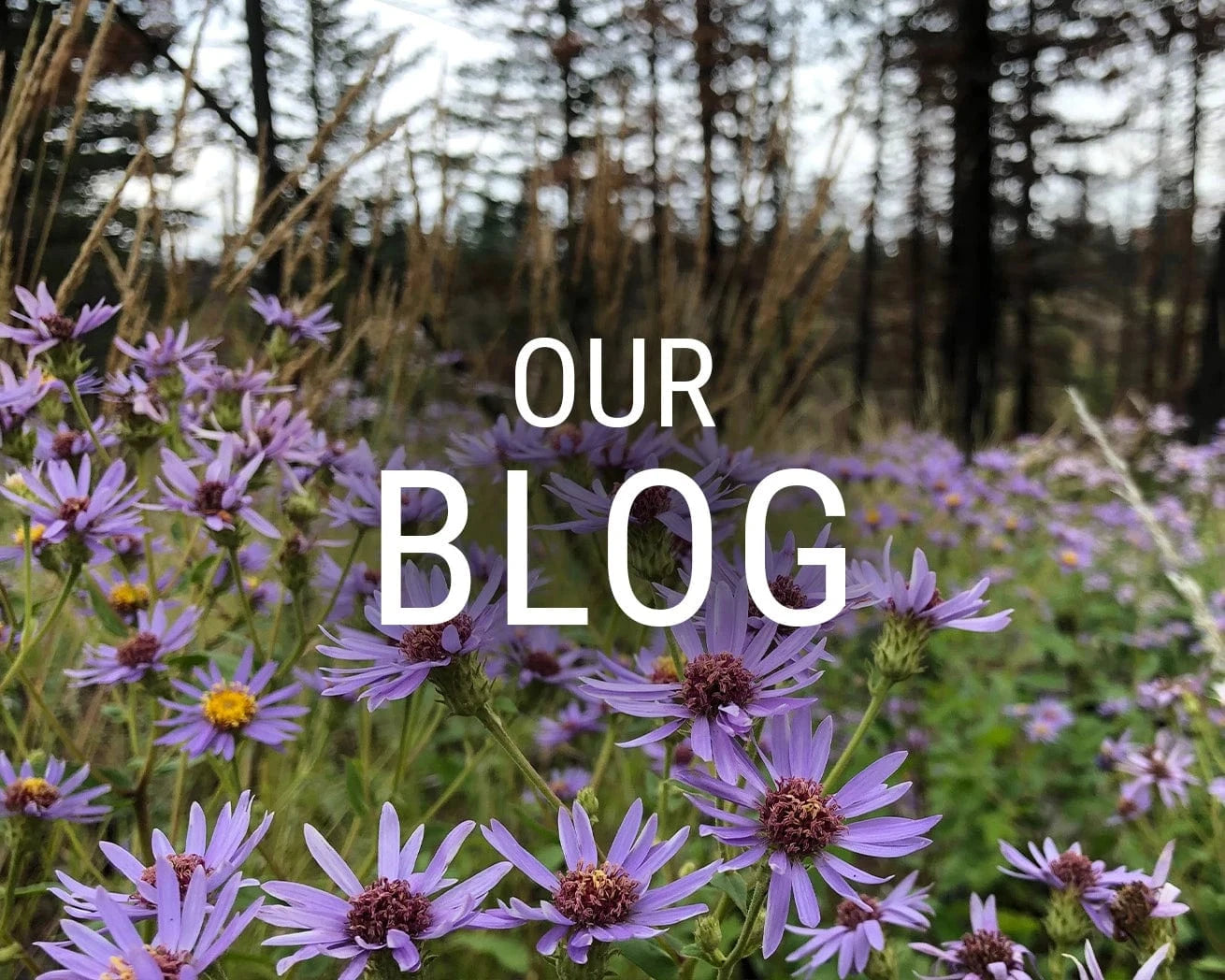
Read about stories from the field, interesting facts about trees and get your healthy dose of nature. Visit our blog
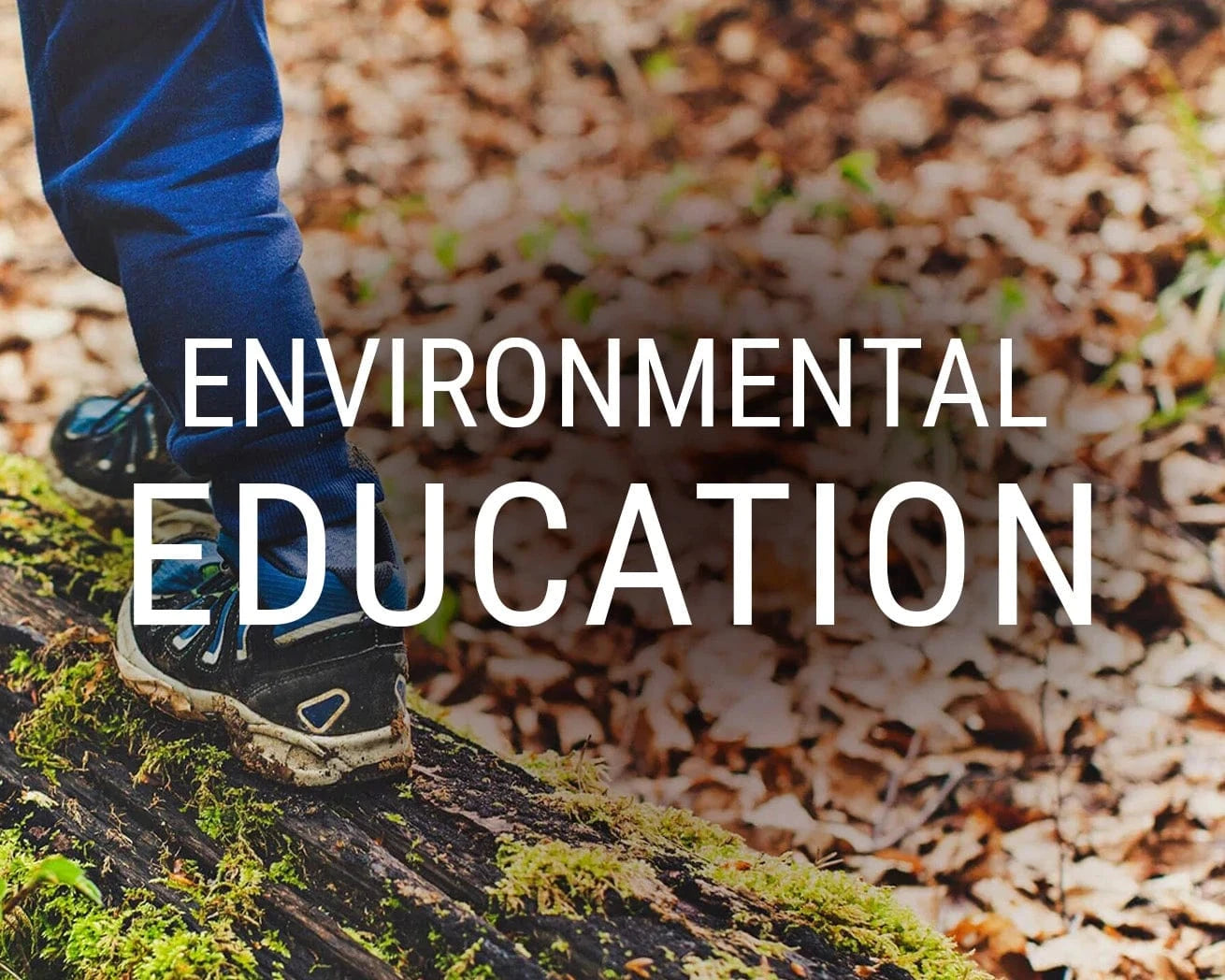
Comprised of lesson plans, learning modules, resources, and activities, our T.R.E.E.S. School Program is the perfect addition to your curriculum. Learn more
Shop
Our fan-favorite Reforestation T-Shirt. Wear it with pride to show your support of reforesting our planet, one tree at a time. Shop now
Give the gift that lasts a lifetime! Choose an image, write your personalized message and select a delivery date to gift a tree. Gift a tree
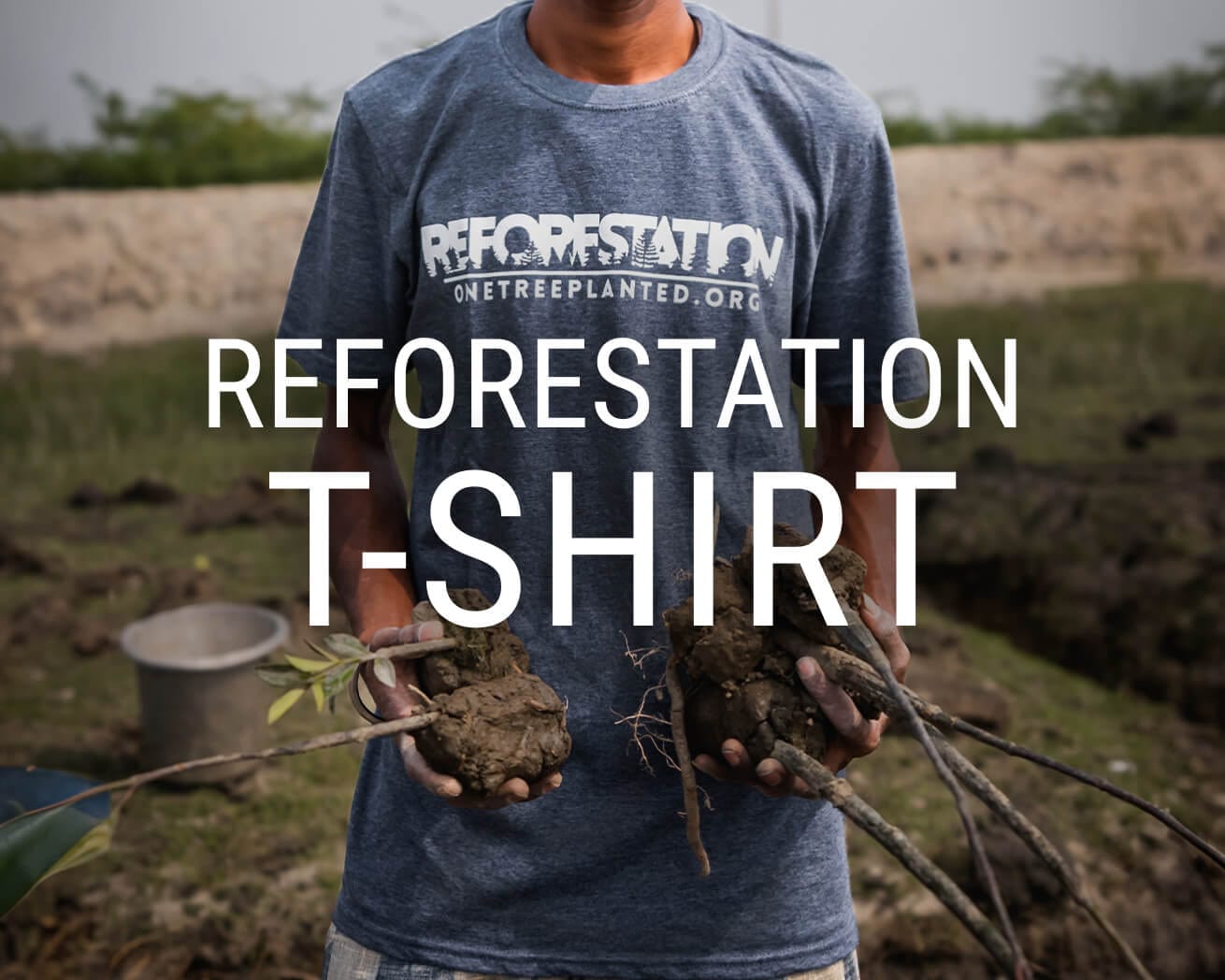
Our fan-favorite Reforestation T-Shirt. Wear it with pride to show your support of reforesting our planet, one tree at a time. Shop now
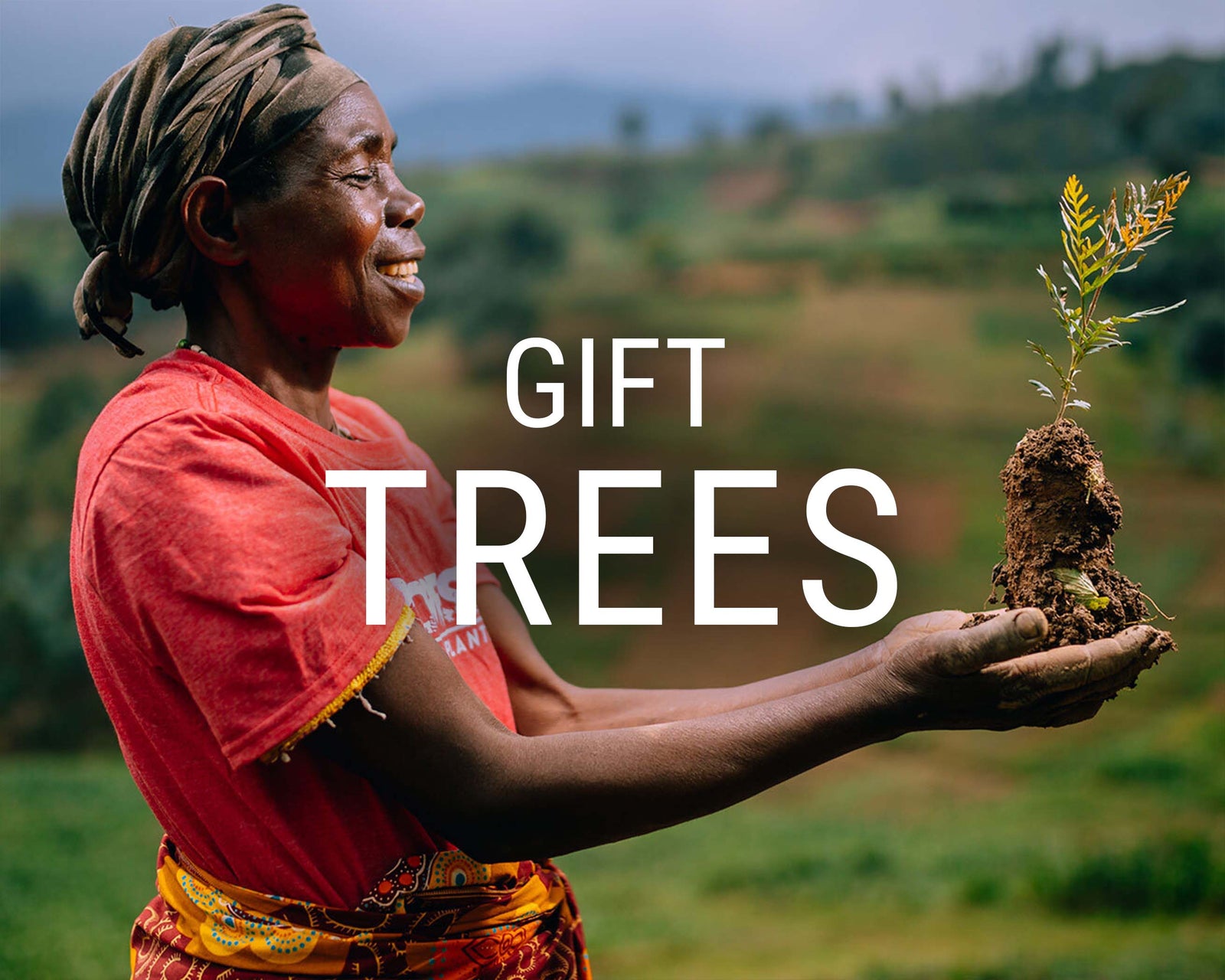
Give the gift that lasts a lifetime! Choose an image, write your personalized message and select a delivery date to gift a tree. Gift a tree
Get Involved
Plant Trees
One Tree Planted & SUGi partnering to plant 5 Urban Forests

Get news, updates, & event Info delivered right to your inbox:
Teaming Up to Plant Ultra-Dense, Biodiverse Forests Around the World
We're thrilled to announce that One Tree Planted is partnering with SUGi to plant 15,000 trees of 185 native species across 4,700 square meters to create 5 urban forests around the world. Together, we're restoring a degraded temperate rainforest on the coast of Cornwall in the UK and rehabilitating a cattle farm as a sanctuary for native species in Queensland, Australia. Add to that the transformation of a de facto parking lot into a community hub in suburban Chile and the creation of a dense forest to shade suburban residents from southern France's intense summer heat, plus a new community forest on the site of a former landfill in Cambridge, Massachusetts. Each of these pockets of biodiversity has been carefully selected to maximize our collective impact.
We're just getting started and excited to see how this partnership grows over time and look forward to transforming more urban spaces together!

WHAT is the Miyawaki Method?
Before we dive into the project details, let's explore what the Miyawaki Method is all about — and why it's such an impactful way to plant trees. Pioneered by Japanese botanist Akira Miyawaki, the Miyawaki method is a unique way to transform public and private spaces big and small into vibrant native forests that are self-sustaining within 2-3 years.
To achieve this, native tree species are planted more densely than a typical planting so that the growing trees receive sunlight only from the top, forcing them to focus most of their energy on growing tall rather than wide. When done correctly, research has shown that Miyawaki forests can become approximately 30x denser, grow 10x faster and become virtually maintenance-free after around 3 years.
Learn More About Our Projects:

Pirque Forest - Chile
An unofficial parking lot in a a small town in the countryside, close to Santiago de Chile, this project is in a high traffic area and has been heavily degraded over time. We recently planted a SUGI forest here with 3,000 trees from 30 native species across 1,000 square meters to restore biodiversity by uniting fragmented habitat, restoring damaged soils, reducing surface temperatures, improving water filtration, and more!
The trees will also provide shade for the hundreds of people that visit every week, become an educational platform and hub for area students, and give the local community an opportunity to connect with nature.

Koswik Law - UK
At St. Columb Major Academy on Cornwall's Atlantic coastline, we'll be using the Miyawaki method to densely plant 1800 trees from 18 native species across 600 square meters in partnership with academy students and community volunteers who will ensure long-term stewardship of this forest.
A mini temperate rainforest, this planting will be filled with unique species of lichen, algae, moss, ferns and more! Today, there are only 1% of these special spaces left — and they're classified as one of the most endangered forest ecosystems in the world. Situated along the gulf stream, the Cornwall region's climate provides mild, damp conditions that are ideal for rainforest biodiversity to flourish.

Dingo Pocket - Australia
1600 trees from 80 species have been planted across 400 square meters on a cattle farm to restore biodiversity by creating a wildlife corridor that connects our Miyawaki Forest to a native forest nearby. “Clearview” at Dingo Pocket Road is a sanctuary for many native species in tropical North Queensland, Australia. The trees planted here will encourage habitat rehabilitation, benefiting the over 50 native species that call this ecosystem home. The trees will also prevent soil erosion on degraded land and gullies and provide shade for livestock and campers enjoying the area recreationally.

Paul Joly Forest - France
Paul Joly’s Forest is an ambitious project in a suburban city south of Metz, France: 7200 trees of 24 native species planted across 2,400 square meters will bring charm & soul back to a newly built park and protect the residents from intense heat and heavy traffic nearby. They'll also boost biodiversity, reduce the harmful effects of air pollution, noise and excessive heat, bring the community together, and more!
The project was originally initiated by a group of citizens formed after the first global climate protests. Their hope is to inspire other cities nearby Metz to create similar projects in the years to come.

Danehy Park — United States
Danehy Park is a 50-acre recreational facility built on the site of the former city landfill, which was closed to active dumping in the early 1920s. The city of Cambridge, MA subsequently reclaimed what would have been a wasteland and turned it into an active community resource. Cambridge residents enjoy softball, soccer, biking, jogging and nature study at the park.
Together, we're planting 1,400 trees from 32 native tree species across 4,000 square feet to increase biodiversity, allow neighbors and visitors to experience and learn about native plants, create a sense of community inclusiveness, and more!
Feeling inspired by these projects and want to do more? Consider planting a tree through our Fund for Urban Forestry!
Get news, updates, & event Info delivered right to your inbox:
Meaghan Weeden
Meaghan works to share our story far and wide, manages our blog calendar, coordinates with the team on projects + campaigns, and ensures our brand voice is reflected across channels. With a background in communications and an education in environmental conservation, she is passionate about leveraging her creativity to help the environment!
Related Posts
One Tree Planted Announces Executive Leadership Changes to Drive New Phase of Growth
06/05/2024 by One Tree Planted
Earth Day 2024: Partnership, Action, Impact
01/05/2024 by One Tree Planted
One Tree Planted Appoints Matthew Jeffery to Lead its Reforestation Programs
01/04/2024 by One Tree Planted
Popular On One Tree Planted
One Tree Planted Partners with Vets to Drones and Carolina Drone Lab
27/01/2023 by Meaghan Weeden
2022 Impact: 52 Million Trees Planted Across the Globe
17/01/2023 by Meaghan Weeden





